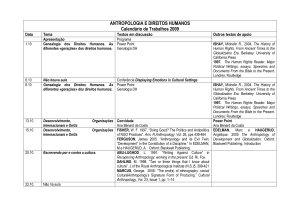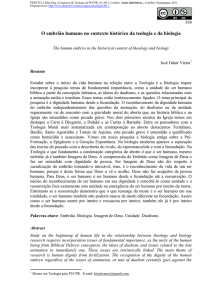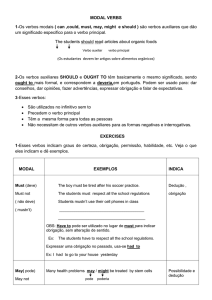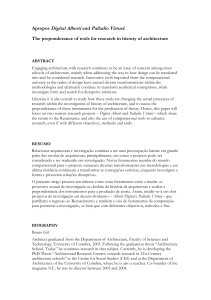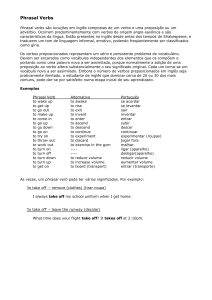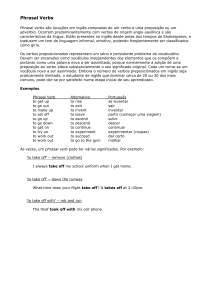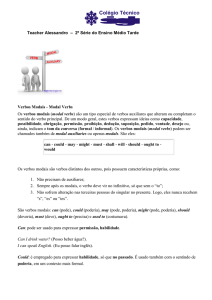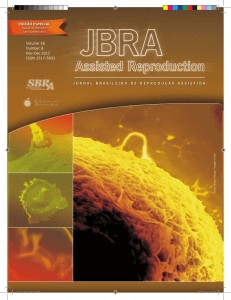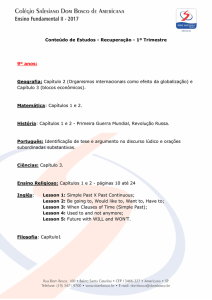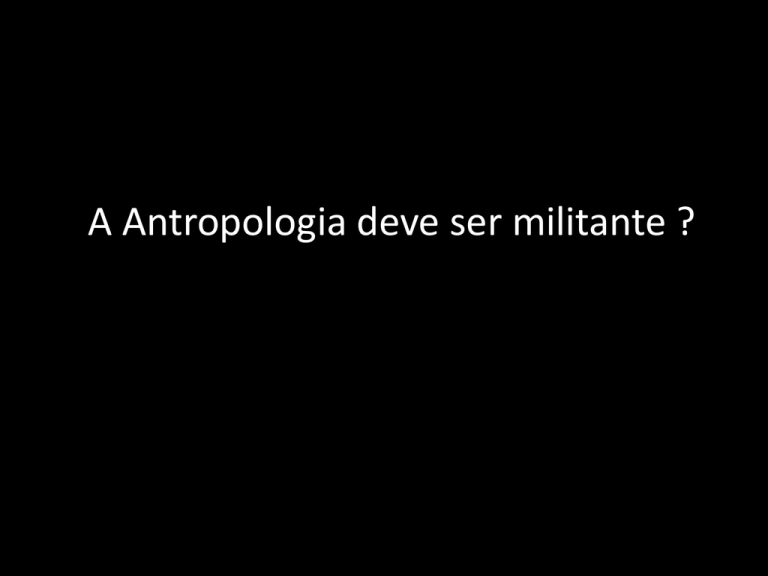
A Antropologia deve ser militante ?
A Antropologia deve ser militante ?
“The Primacy of the Ethical:
Propositions for a Militant Anthropology”
(Scheper-Hughes, 1995)
A Antropologia deve ser militante ?
Sumário
I Parte
1. A autora
2. O argumento
3. A(s) etnografia(s)
II Parte
4. “O Primado da Ética”
5. “Propostas para uma Antropologia Militante”
6. Questionando o “enlightenment” antropológico de Scheper-Hughes
7. Esgrimindo argumentos – Pró, contra e neutro
Bibliografia e créditos iconográficos
A Antropologia deve ser militante ?
1. A autora
Nasceu em 1944 na cidade de Nova York (EUA)
- Professora de Antropologia Médica na Universidade da Califórnia;
- Directora do Programa de Doutoramento em Estudos críticos na
medicina, na ciência e no corpo;
- Consultora da OMS para assuntos relacionados com transplantações.
Nancy Scheper-Hughes
Interesses: Antropologia médica, Antropologia da violência, maldade e
cultura, desigualdade e marginalidade, infância e família.
A Antropologia deve ser militante ?
2. O argumento
“The Primacy of the Ethical:
Propositions for a Militant Anthropology”
(Scheper-Hughes, 1995)
«(…) in our refied notion of culture , anthropologists may be “suspending the ethical”
In our dealings with the “other”.»
(Abstract)
«Cultural relativism, read as moral relativism, is no longer appropriate (…) and
anthropology, if it is to be worth anything at all, must be ethically graunded.»
(Abstract)
«This paper is an attempt to imagine what forms a politically
committed and morally engaged anthropology might take.»
(Abstract)
A Antropologia deve ser militante ?
2. O argumento
“The Primacy of the Ethical:
Propositions for a Militant Anthropology”
(Scheper-Hughes, 1995)
Conceitos-chave:
Ética
Antropologia militante
Relativismo moral
“womanly” anthropology
Antropólogo espectador
Antropólogo testemunha
Antropóloga “companheira”
Antropóloga “camarada”
A Antropologia deve ser militante ?
3. A(s) etnografia(s)
Brazil
1960`s/ 1982/1987-1992
Alto do Cruzeiro
Cuba
Sanatórios de HIV/SiIDA
África do Sul
1993/1994
Chris Hani Camp
“The Primacy of the Ethical:
Propositions for a Militant Anthropology”
(Scheper-Hughes, 1995)
A Antropologia deve ser militante ?
II Parte
A Antropologia deve ser militante ?
4. “O Primado da Ética”
“In each case I have had to pause and reconsider the tradicional role of
the anthropologist as neutral(…), cool and rational, objective observer of
the human condition(…)”
“O espectador destemido”
“O bluff antropológico”
“O relativismo moral artificial”
(410)
A Antropologia deve ser militante ?
4. “O Primado da Ética”
“In each case I have had to pause and reconsider the tradicional role of
the anthropologist as neutral(…), cool and rational, objective observer of
the human condition(…)”
“O espectador destemido”
“O bluff antropológico”
“O relativismo moral artificial”
(410)
«My transformation from “objective” anthropologist to political and morally
engaged “companheira” was (…) the insistence of some of “my” anthropological
subjects.”
A Antropologia deve ser militante ?
4. “O Primado da Ética”
«My transformation from “objective” anthropologist to political and morally
engaged “companheira” was (…) the insistence of some of “my” anthropological
subjects.” (410)
- Impossível continuar numa falsa neutralidade em face dos dramas
do Alto do Cruzeiro e dos campos de Cape Town;
- O que dispensa a antropologia e os antropólogos da responsabilidade de tomarem
posições éticas e políticas dos acontecimentos de que são testemunhas?
(411)
A Antropologia deve ser militante ?
4. “O Primado da Ética”
«The work of anthropology demands an explicit ethical orientation to the “other”.»
(418)
O Primado da ética sugere a existência de princípios “pré-culturais”:
RECONHECIMENTO
RESPONSABILIDADE
Outro
(A existência humana como seres sociais pressupõe a existência do “outro”)
(419)
A Antropologia deve ser militante ?
5. “Propostas para uma antropologia Militante”
1
«(…) so that suffering is aestheticized ( turned into theater, viewed as “performance”)
and there by minimized and denied.»
Etnografia descritiva, neutral… abstracção teórica…
X
«Anthropologists (…) must become alarmists and schock troopers.»
(417)
2
« (…) a more “womanly” anthropology (…)»
(418)
Não só o pensamento humano mas também o seu comportamento
com os outros
A Antropologia deve ser militante ?
5. “Propostas para uma antropologia Militante”
3
«(…) the diference between the anthropologist as “spectator” and (…) as “witness”.»
(419)
Espectador – Acto passivo (neutral e objectivo). O antropólogo acima e fora
dos eventos humanos
X
Testemunha – Voz activa (responsável e moralmente comprometida). O antropólogo
dentro dos eventos humanos
«The fearless spectator is accountable to “science”, the witness is accountable to history.»
(419)
«We can be anthropologits, comrades, and companheiras.»
A Antropologia deve ser militante ?
6. Questionando o “enlightenment” antropológico de Schepers-Hughes
A Antropologia deve ser militante ?
6. Questionando o “enlightenment” antropológico de Schepers-Hughes
A Antropologia deve ser militante ?
6. Questionando o “enlightenment” antropológico de Schepers-Hughes
7. Esgrimindo argumentos: Pró, contra e neutro
A Antropologia deve ser militante ?
PRÓ
CONTRA
NEUTRO
Bibliografia
Cabral, J. de Pina (2007). “Aromas de urze e de lama”: reflexões sobre o gesto etnográfico.
Lisboa: Etnográfica v. 11 nº 1, p. 191 – 212.
Scheper-Hughes, Nancy (2013). “ On Adopting Heretical Methods ”. Draft in revision for
publuication.
Scheper-Hughes, Nancy (2009). “ The Ethics of Engaged Ethnography ”. In Anthropology
News, pp. 13-14.
Scheper-Hughes, Nancy (1995). “ The Primacy of the Ethics: Propositions for a Militant
Anthropology”. Current Anthropology, Vol.36, nº3, pp. 409-440.
Créditos iconográficos
http://www.google.pt/url?sa
http://hughes&ei=Nh8UVeenJcLyULudg
http:/archive.berkeley.eduscheperhughes=1427468457125619

